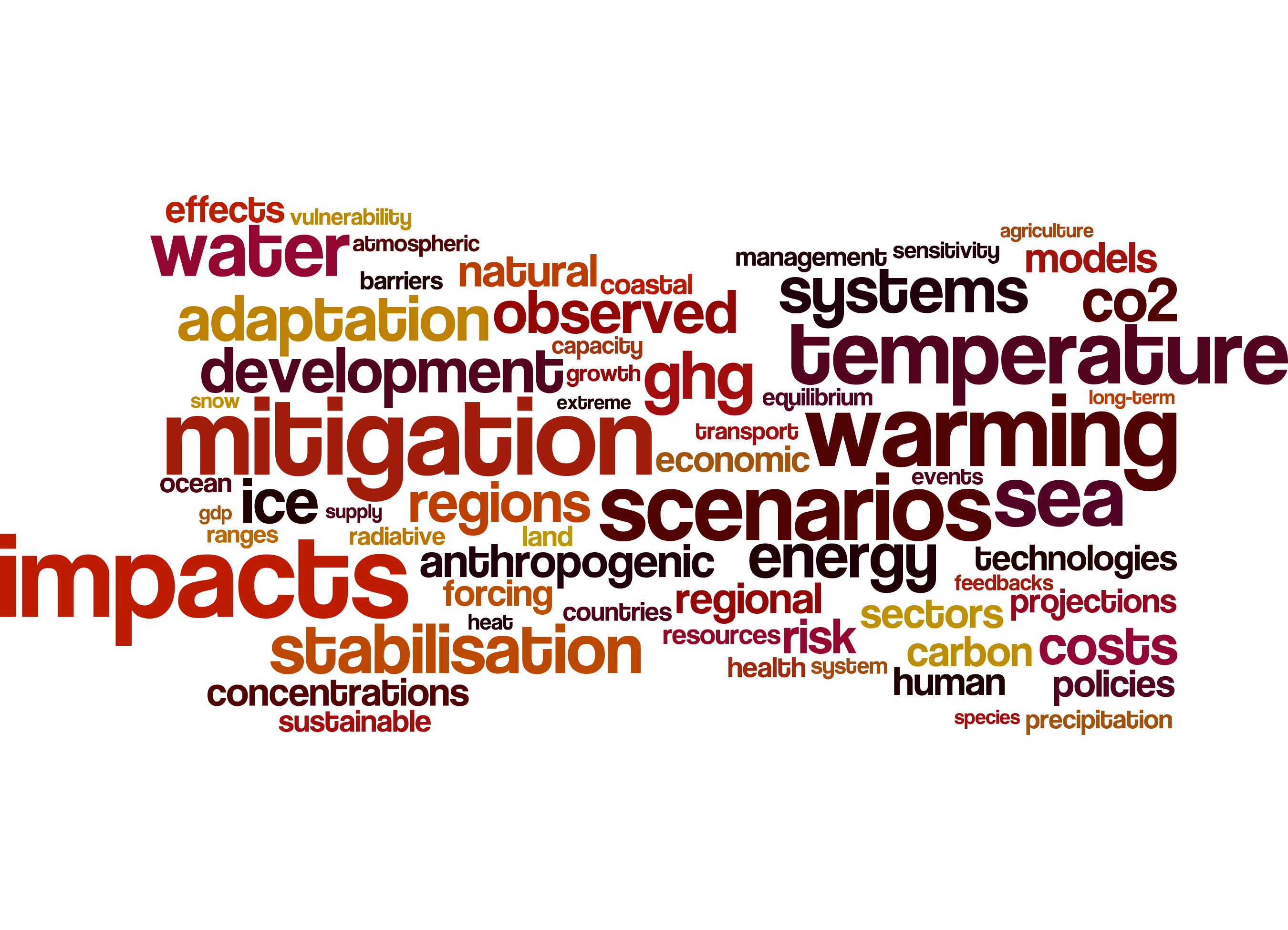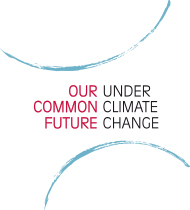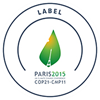Our Common Future Under Climate Change
International Scientific Conference 7-10 JULY 2015 Paris, France
- Home
- How to Contribute
- Parallel Sessions
PARALLEL SESSIONS
The List of Themes for Parallel Sessions is Now Available
Click here to see the list of themes for Parallel Sessions for each Conference Day.
The Call was a huge success, and elicited a large number of responses and interest from the international scientific community.
Around 400 submissions have been received from potential conveners around the world.
The Conference Organizers would like to thank all who have submitted proposals. Conveners will be notified within the next few weeks on the outcome of their proposal.
Through Plenaries and Parallel Sessions, all major issues are explored through overarching daily themes, with a focus on moving from present knowledge to future solutions. Ahead of COP21 and with post-2015 in sight, the Conference offers a forum for scientists, policy-makers, businesses, NGOs, youth and the media, to debate the research agenda for the coming years.
A large emphasis is placed on exploring climate change issues through transdisciplinary and integrative approaches, underscoring the need for solutions that cut across sectors and systems and that join stakeholders and communities. The Conference sessions encourage multi-disciplinary and multi-lateral thinking to explore the wide range of topics that cut across climate change issues, from physical feedbacks to social and economic impacts. The Conference sessions offer a broad base for examining a multitude of issues covering the complex and inter-related science-human aspects of climate change.
Each day, there will be a maximum of 24 Parallel Sessions available. Parallel Sessions will be organized in standard time slots of 1h30, but motivated proposals for longer duration will be considered. Due to time constraints, please note that the number of sessions using more than three time slots will be very limited.
Submissions need to be relevant to the overarching theme of the day selected and cover related topics while keeping a broad viewpoint in mind. In the event that your session may be relevant to the topics of the different conference days, please submit a session proposal per day, explaining its relevance to that particular day.

The Conference is organized around the following daily themes:
Day 1: State of Knowledge on Climate Change
Day 2: Landscapes of Our Common Future
Day 3: Responding to Climate Change Challenges
Day 4: Collective Action and Transformative Solutions
Guidelines
Session proposals must demonstrate relevance to the overarching theme of the specific conference day. In line with the Conference objectives, a particular emphasis will be placed on sessions that combine different disciplinary perspectives, and on sessions oriented towards solutions. We will also favour regional and gender balance when considering session proposals.
Each parallel session should contain at least one scientific keynote and a number of offered communications, although the structure is flexible. In general, we recommend that the time allocated to keynote speakers is around one-third of the total session duration in order to allow time for offered contributions selected through the Call for Contributions. We offer conveners the possibility to include a dialogue with stakeholders in order to react to the presentations at the end of the session, although the duration of the dialogue should not exceed 15 minutes.
The standard duration unit for a session is 1h30, but motivated project for longer duration will be considered. Due to time constraints, please note that the number of themes for sessions using more than 3 slots will be very limited.
Parallel Sessions will be selected by the Scientific Committee following the open Call for Parallel Sessions and according to the following criteria:
- Relevance
- Novelty/innovation
- Scientific quality
- Structure and organization of the session
Please note that proposed sessions can have a maximum of 4 conveners. The first convener (by default, the session proponent) will be the corresponding convener; this can be changed at any time through the submission platform by accessing the Conveners section of your proposal.
Oral contributions for sessions, including the keynotes, must be submitted via the Call for Contributions. In general, we recommend that the time allocated to keynote speakers is around one-third of the total session time in order to allow time for offered contributions selected through the Call for Contributions.
Please note that the conference organizers will not provide any financial support for invited speakers and session conveners. Financial support may be available to qualifying participants from developing countries who meet certain criteria.







